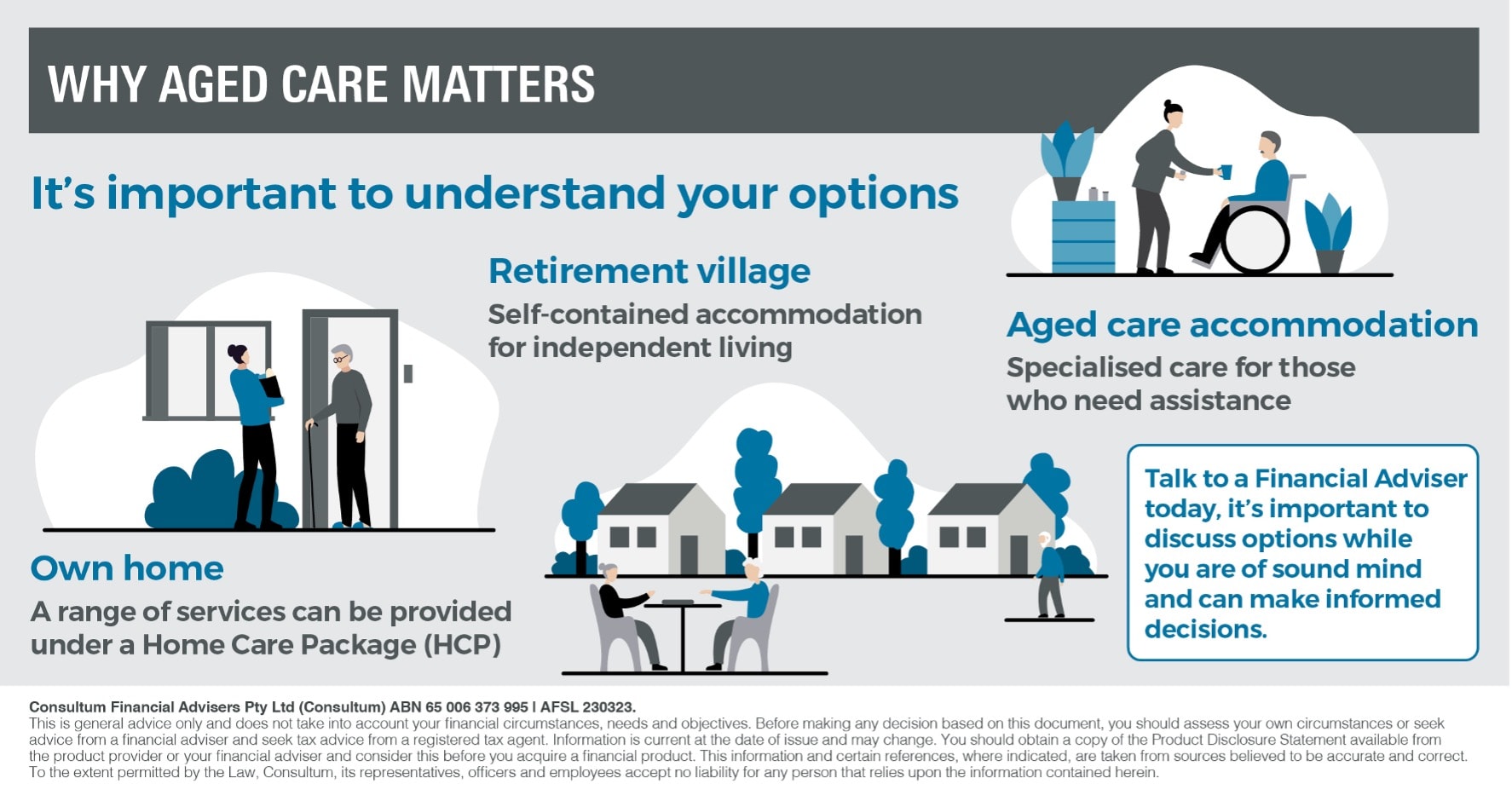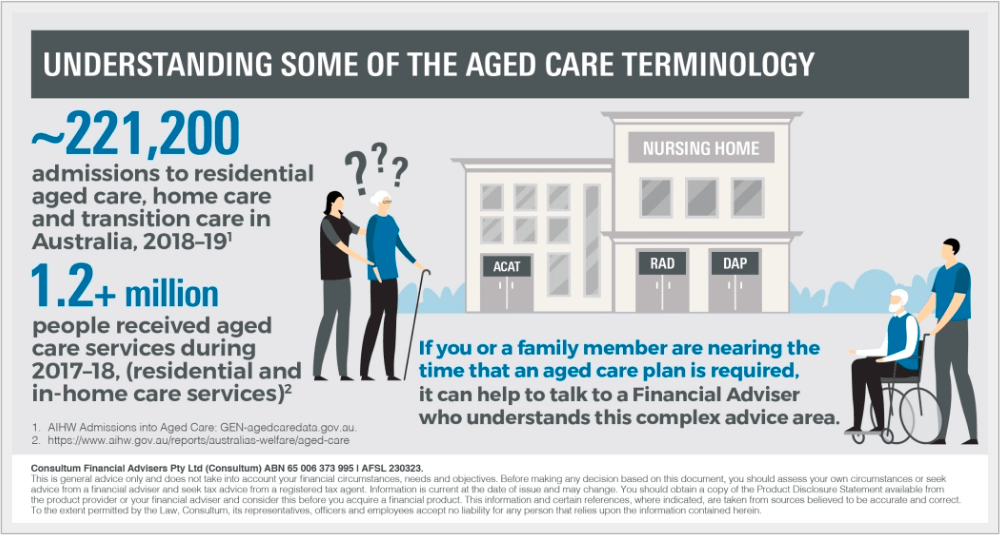Cheaper healthcare more accessible for eligible self-funded retirees
Key points
- Recent legislation will increase the Commonwealth Seniors Health Card (CSHC) income test thresholds
- Income test limit thresholds will increase to $90,000 for a single person and $144,000 for couples (combined)
- The CSHC provides access to valuable health concessions for older Australians.
The CSHC is a concession card that provides access to cheaper healthcare and other discounts and can be valuable in reducing the cost of living for self-funded retirees. Generally, the CSHC is accessible by persons of Age Pension age but who are not eligible for the Age Pension due to either the assets test or income test.
The CSHC is valid for 12 months and is reissued on 1 August each year provided eligibility requirements continue to be met. The eligibility test for the CSHC is different to the Age pension in that it does not have an assets test. The Services Australia webpage identifies the criteria to get a CHSC card.
Retirees who have a partner must provide details of their partner’s income in the application as they will be assessed as a couple.
The incoming increase in income test thresholds is a material increase which the Government expects will lead to more than 44,000 additional self-funded retirees being able to access the CHSC card in the first year, increasing to 50,000 by 2026-27.
What income counts?
To meet the CSHC income test currently a retiree must earn no more than $61,284 a year for a single person and $98,054 a year for couples (combined).
- The CSHC income test is based on adjusted taxable income (ATI), usually evidenced by the tax notice of assessment plus any other income documents required to determine the person’s ATI
- The reference tax year used is typically the tax year immediately preceding the current tax year, except if an individual has not received their notice of assessment for that year, then the tax year immediately preceding will be used
- For couples, both individuals must use the same tax year.
An individual’s ATI includes a range of criteria which can be reviewed here.
What are the benefits?
The main benefit of the CSHC is that it provides access to the following valuable health concessions:
- cheaper medicine under the Pharmaceutical Benefits Scheme (PBS)
- bulk billed doctor visits
- a refund for medical costs when the Medicare Safety Net is reached.
The value of these CSHC’s health concessions to retirees depends on their individual use of Medicare and PBS medicines.
State or territory governments and local councils may also offer additional discounts to CSHC holders on other expenses such as utility bills, rates and public transport. However, these are not as widespread or significant as those for the Pensioner Concession Card (PCC) which is provided to individuals receiving an Age Pension.
The CSHC can be applied for via the Services Australia website at https://www.servicesaustralia.gov.au/how-to-claim-commonwealth-seniors-health-card.





